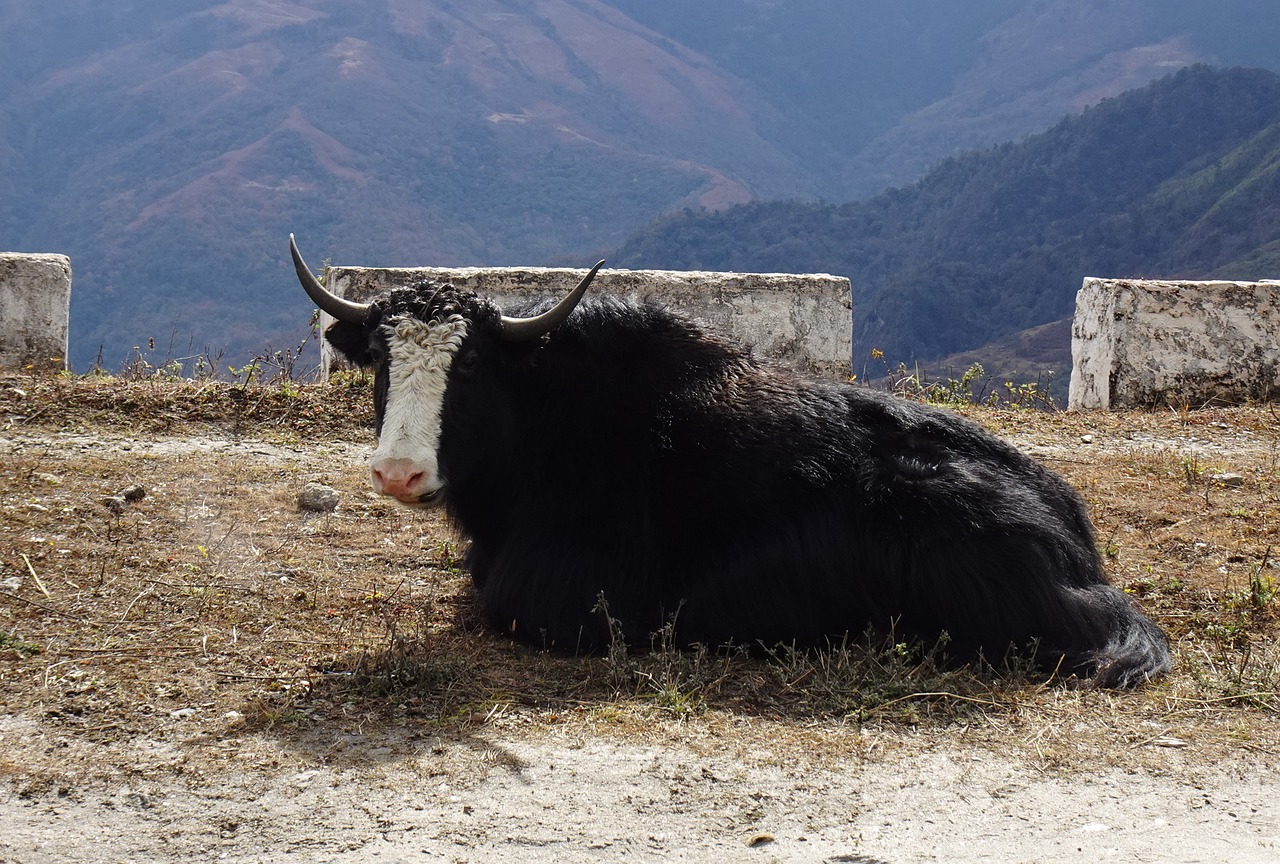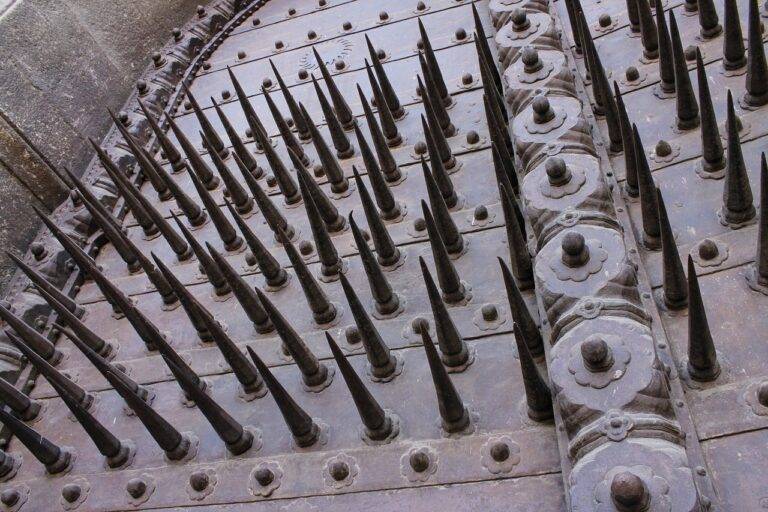How Political Action Committees (PACs) Influence Elections
Political Action Committees (PACs) first emerged in the 1940s as a means for groups and individuals to collectively support candidates who aligned with their interests. Initially, PACs were created by labor unions and corporations to engage in political activities such as making donations to political campaigns, funding advertisements, and lobbying for specific policy positions.
The establishment of PACs was further solidified with the passage of the Federal Election Campaign Act in 1971, which placed restrictions on campaign contributions but allowed for the creation of PACs to circumvent these limitations. This legislation paved the way for the significant influence that PACs wield in contemporary politics, shaping the landscape of campaign financing and candidate support in the United States.
The Role of PACs in Campaign Financing
Political Action Committees (PACs) play a significant role in campaign financing by pooling funds from individuals, corporations, or unions to support political candidates. This financial support allows PACs to engage in various activities such as advertising, advocacy, and grassroots organizing to promote their preferred candidates during elections. In essence, PACs serve as crucial financial vehicles that can influence the outcome of political campaigns by providing candidates with the necessary resources to run competitive campaigns.
The existence of PACs has sparked debates about the impact of money in politics and the extent to which campaign contributions can sway political decisions. Critics argue that the influx of PAC money into elections can lead to corruption or the perception of favoritism towards donors. On the flip side, proponents of PACs maintain that they are essential for supporting candidates who might not otherwise have the financial means to run competitive campaigns. As such, the role of PACs in campaign financing remains a contentious issue in the realm of political discourse.
The Influence of PACs on Candidate Selection
Political Action Committees (PACs) play a significant role in the candidate selection process by financially supporting specific candidates whose beliefs align with their own agenda. This financial support can come in the form of monetary contributions or independent expenditures to promote or oppose a candidate. Candidates who receive backing from PACs often find themselves in a better position to run competitive campaigns and reach a wider audience of voters.
Moreover, the influence of PACs on candidate selection extends beyond just monetary contributions. PACs often conduct thorough research on candidates’ past voting records, public statements, and policy positions to ensure that they are supporting individuals who will advance their interests if elected. In this way, PACs can sway the candidate selection process by backing candidates who are likely to champion their causes once in office.





